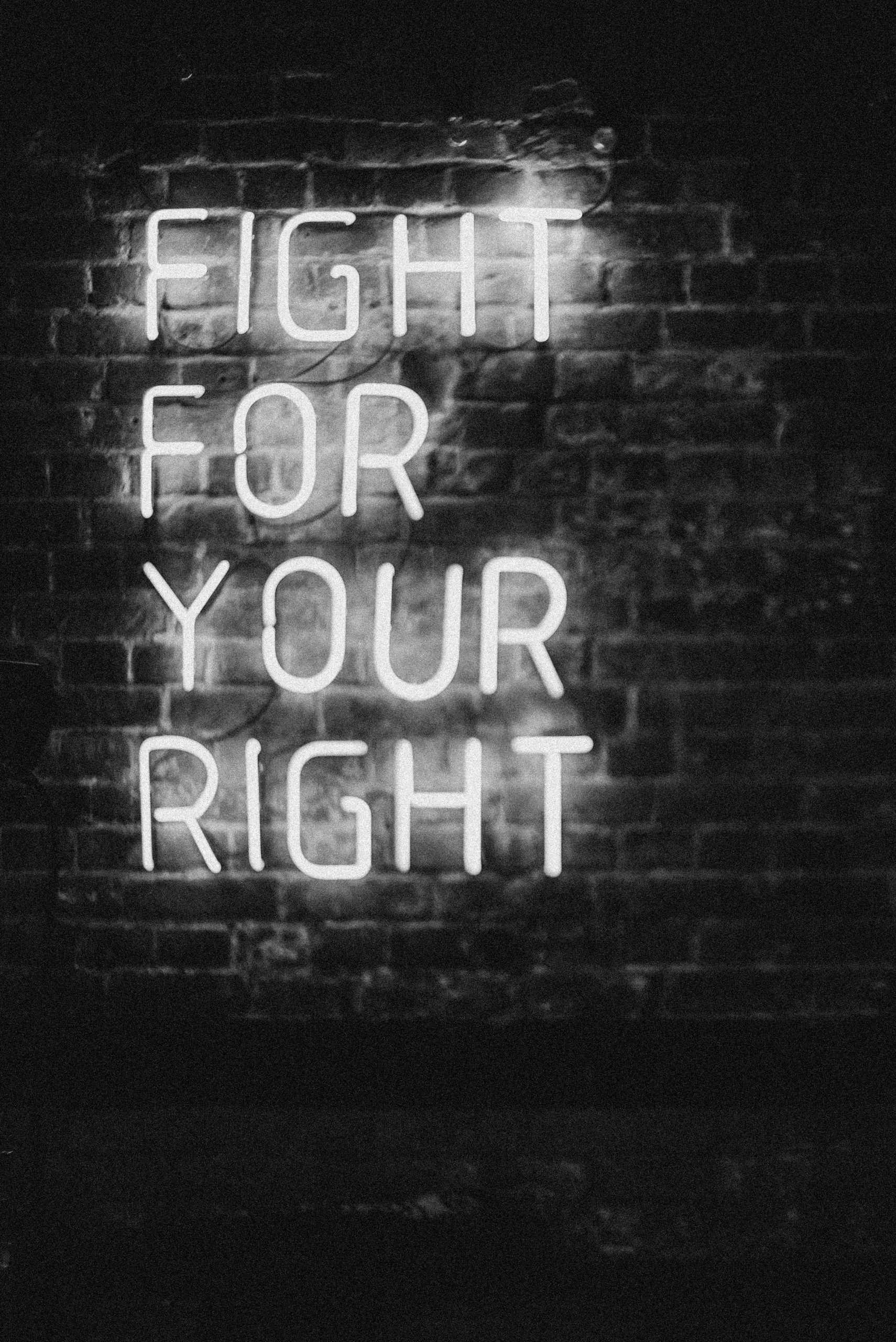Understanding Post-Accident Vehicle Repairs: Navigating Insurance Challenges and Repair Disputes
Dealing with the aftermath of a car accident can be complicated, especially when vehicle repairs lead to unforeseen issues. Recently, a vehicle owner shared their experience after being rear-ended and subsequently facing unexpected complications following repairs. Here’s a detailed overview and some guidance on managing similar situations.
The Incident and Initial Repairs
A driver was involved in a rear-end collision, with liability acknowledged by the other party’s insurance provider. The vehicle was taken to an approved repair facility for damages primarily affecting the rear bumper and backup camera system. Prior to this incident, the car operated flawlessly, with no electrical or mechanical problems.
Trouble After Vehicle Return
Despite assurances from the repair shop that the vehicle was ready, the owner discovered upon pickup that the car refused to start. The repair shop indicated there was now an electrical wiring problem—an issue they claimed was unrelated to their work. Interestingly, they declined responsibility, advising the owner to arrange for towing and repair at their own expense.
Insurance and Responsibility Questions
The vehicle owner attempted to hold the at-fault party’s insurance accountable, but was met with resistance. The insurance company stated they would not cover additional damages arising post-repair, leaving the owner with a non-operational vehicle and the financial burden of towing and repairs.
Key Takeaways and Recommended Actions
-
Document Everything: Keep detailed records of all communications, repair reports, and photographs of the vehicle before and after repairs.
-
Seek a Third-Party Inspection: Consider an independent mechanic or electrical specialist to assess the vehicle’s current condition and determine whether the new issues are related to the repair process.
-
Review Insurance Policies: Understand your coverage limitations. Sometimes, comprehensive coverage or third-party liability policies may assist in covering unexpected post-repair damages.
-
Consult a Legal Professional: If you believe the repair shop’s work or the insurance company’s response is unjust, legal advice can help explore your options for compensation.
-
Communicate with the Repair Shop: Request a detailed explanation of the work performed and possible causes of the electrical issues. Sometimes, a dispute resolution process can lead to a fair settlement.
Final Thoughts
Navigation through post-accident repairs can be challenging, particularly when unforeseen complications arise. It’s essential to stay proactive, seek professional assessments, and understand your rights to ensure you’re not left bearing the costs of someone else’s mistake. If you’ve faced similar issues, sharing your experience may help others



